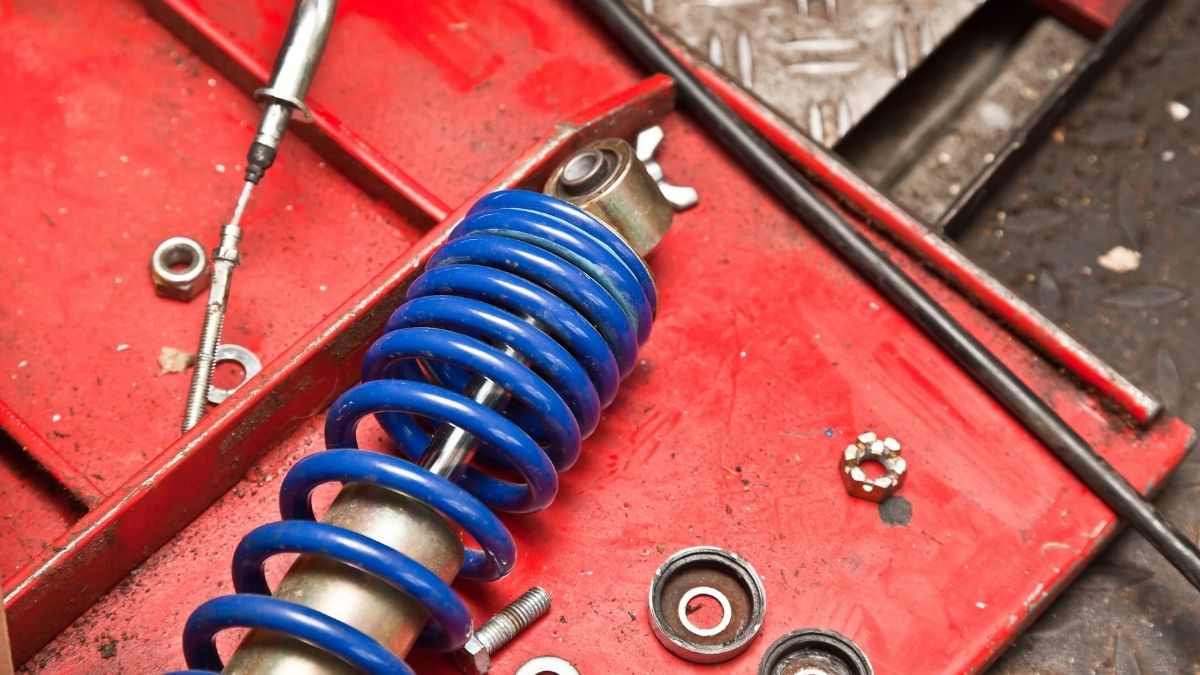Installing coilovers is exciting because they provide drivers with a way to personalize performance and appearance. However, maintenance is critical if you want the coilovers to remain smooth and functional for a long time. Here are three easy coilover preventative maintenance habits to pick up if you're going to ensure a solid lifespan and performance from these components.
Annual Inspections
When you buy aftermarket coilovers online, inspecting them before the installation is one of the essential steps of the purchase. However, you should routinely inspect coilovers to ensure everything is working well, just as you would for any crucial system in your car. Thus, you can easily include coilover inspections when you take your vehicle in to the shop for its annual service appointment.
This is especially helpful if you’re not an expert with the skill set and toolbelt to conduct this task independently. That said, don’t hesitate to bring your car in before or after the annual inspection if you suspect something is wrong with the coilovers.
Routine Cleaning
Since they’re on the bottom of the car, coilovers can easily get dirty over time, with dirt and debris building up on critical components. To ensure this unwanted buildup doesn’t ruin your suspension thanks to corrosion or other damages, thoroughly clean your coilovers. Luckily, this isn’t something you’ll have to do too frequently; twice each year is the common rule of thumb.
After cleaning coilovers, refer to your schedule and jot down when you need to clean them again in six months. Whether you want to scrub it with a toothbrush or rinse it down with a hose, your coilovers will remain clean and efficient with routine rinsing.
Anti-Seize
After cleaning the components, one of the best coilover preventative maintenance habits to pick up is applying anti-seize. This lubricant will protect your coilovers from moisture and salt, which can cause corrosion to develop. Of course, you want to cover the threads entirely with anti-seize lubricant, but avoid pouring too much; keep it simple, and the anti-seize will keep your coilovers free of corrosion. As you can see, straightforward upkeep combats incredibly frustrating damages.


Share:
Essential Tips for Driving a Lowered Car in the City
How Your Car’s Center of Gravity Affects Its Handling